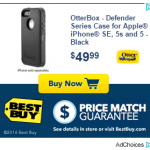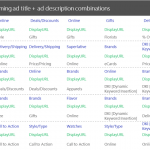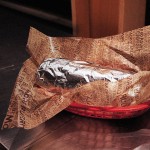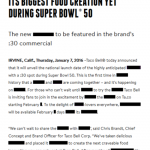Caffeine & Content: Why Mountain Dew Is Launching Its Own Multichannel Network
The rise of multichannel networks (MCN) such as Maker, AwesomenessTV, Machinima, and more—consolidating thousands of YouTube channels and creators under one roof to maximize ad revenue—over the past few years has been well documented. They became a one-stop shop for brands to reach the growing legion of digital entertainment stars, and the millions of young consumer eyeballs watching their every video. But now Mountain Dew has decided to take a chance, cut out the content middleman, and deal directly with YouTube content creators by setting up its very own brand MCN.
The company claims it’s the first-ever brand-owned MCN, and the goal is to partner exclusively with culturally relevant influencers to create YouTube content across key verticals important to Mountain Dew, including action sports, basketball, art, music, gaming, and racing. Already active in beta over the past few months, Dew’s Green Label MCN has signed on hip-hop dancer D-trix, basketball influencer the Professor, and skateboarders Josh Katz and Nigel Alexander.

The brand’s Green Label content arm is no stranger to ambitious projects, whether it’s a hit skateboarding video like We Are Blood, virtual reality, or a live music concert series. But an MCN is another level of organization, so the brand has teamed with Sylo to lead ad sales and revenue share with the business arm of MCN, and Epic Signal to head up influencer identification, acquisition, and management.
Dew marketing director Sadira Furlow says the brand saw a chance to play a more active role in its content strategy. “We’re no stranger to working with influencers, and over time we’ve really seen the value of YouTube influencers as key partners in helping us to forge relationships with young millennials and gen Z,” says Furlow. “When we looked at that, we saw a bigger opportunity to take a step back, and instead of these one-offs, to start thinking about creating our own MCN and really leaning in with these influencers to help each other and commit to a longer-term partnership.”
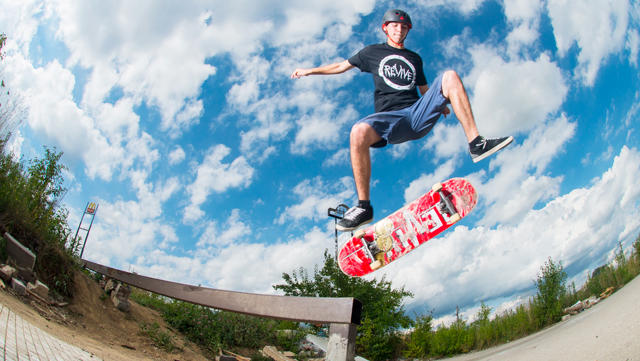
Bypassing the traditional MCN, the brand sees its own network as a more efficient way to partner with influencers, eliminating third-party management fee, providing a new revenue stream from ad sales, and forge a deeper, more authentic relationship with the influencers, allowing the brand access to year-long exclusive content. For the YouTubers, the Green Label MCN guarantees up-front a long-term, exclusive brand integration deal that gives individual attention to each member in a crowded environment of one-off deals.
Furlow says it also offers the YouTubers a bigger slice of ad sales revenue, given the direct relationship with the brand, as well as potentially open doors to other brands and retail partnerships through PepsiCo relationships.
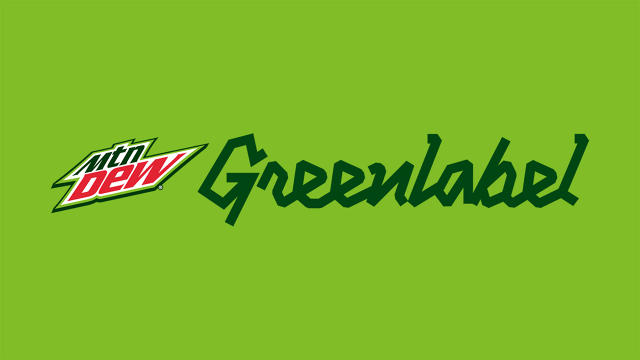
For Dominic “D-trix” Sandoval, long a fan of Dew products, the deal was a natural fit. “Dew’s MCN offered me a chance to enhance my video content and take my entire business to the next level,” says Sandoval, in an email. “Often, the ideas content creators come up with cannot be executed because of lack of budget or brands that do not appreciate the creative concept. But with the opportunities that Dew has offered, I truly believe they are giving me a chance to take my channel to the next level. Besides that, they also offered me unlimited Dew. So who in their right mind would say NO to that?!?!”
It was through conversations with creators like D-trix that Furlow was able to see the potential for a Dew-owned MCN. “We’ve had a long-standing relationship with D-trix, and I think when you work together a couple of times, and you get the partnership right, start seeing the similar interests, and you start to spitball ideas, and a lot of that gave us the courage to look at things differently,” says Furlow. “What would it look like if we leaned in and forged a long-term partnership? We believe in these guys, we see the numbers in terms of their audience, they’re super-connected with their audience, putting out great content. The relationship is there, so we decided to take a risk and try it.”

To really be successful, Furlow says the collaboration between the MCN’s content creators and the brand has to start as early as possible. “The sooner we can sit down with these guys and talk about our brand challenge and objectives, the better,” says Furlow. “We talk about what we’re trying to accomplish across our portfolio, our brand, the people we’re looking to connect with, the activations we have planned, and really bringing them into our planning process and giving them time to do what they do best, which is create and think. We’re treating them almost the same way we do our agencies, in briefing them and then cocreating content together.”
It sounds a bit obvious, but Furlow says the biggest lesson so far, after just a few months up and running in beta, is that these content creators are people, not brands.
“They are people, not a brand, and their audience is connecting with a person, not a brand,” she says. “Much of their work starts with a ‘Hey guys . . . ‘ They create content with their audience at the center of it—everything they do is in service to their audience, and wanting to make sure they’re being authentic to that. We give them the freedom and flexibility to do what they do best. They know their audience better than we do, and we’re really leaning on them to walk us in the door to their audience.”
Fast Company , Read Full Story
(4)





